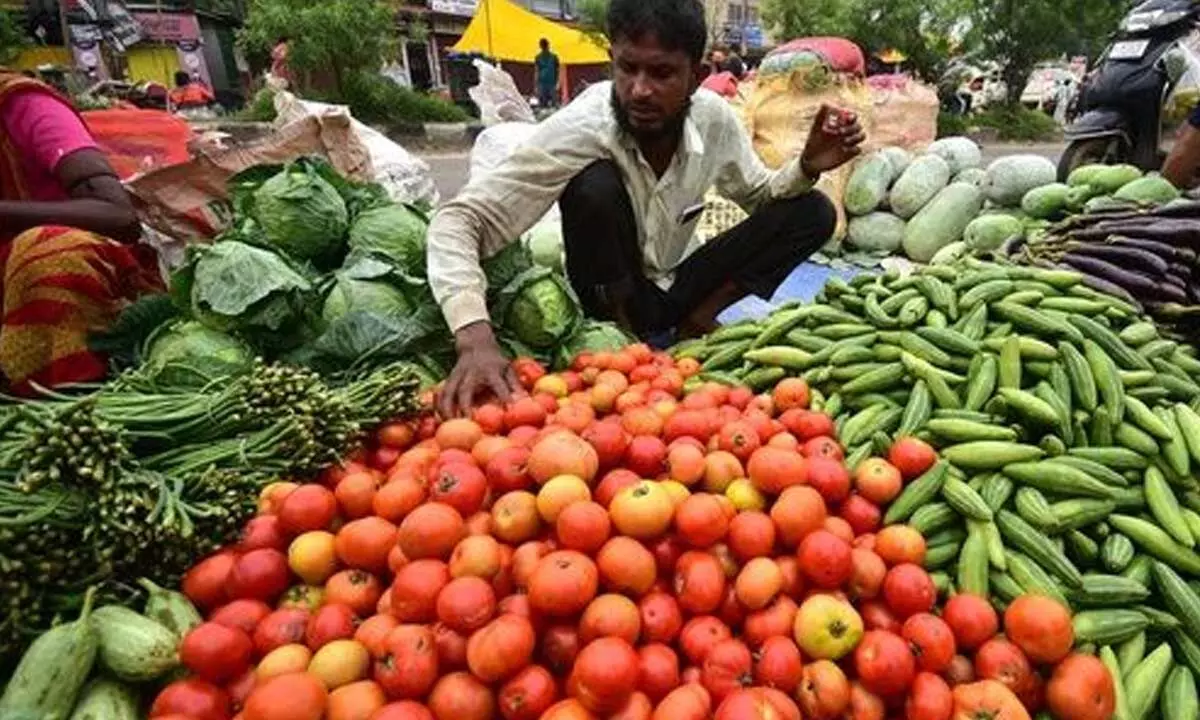Wider range of food items drive 7% plus inflation
Staples like cereals and pulses are unlikely to offer relief in the near term amid hardening international prices and subdued sowing domestically
image for illustrative purpose

New Delhi: Staples like cereals and pulses are unlikely to offer relief in the near term amid hardening international prices and subdued sowing domestically. This raises the likelihood of inflation remaining above seven per cent in August, said a research report by broking firm, Prabhudas Lilladher.
In July, India witnessed a surge in CPI inflation, reaching a 15-month peak at 7.44 per cent, a significant jump from June’s 4.81 per cent. This reveals two primary insights for July’s inflation narrative: Firstly, the primary driver of this inflation spike was food prices.
Secondly, the inflation isn’t solely attributed to vegetables, especially tomatoes. Instead, a wider range of food items, including cereals, pulses, and spices, have contributed to the price pressures.
Climate risks of irregular weather and rainfall patterns along with a pick-up in global food inflation resulted in domestic food prices presenting an absolute shocker in July 2023, the report said.
“El Nino can turn out to be a potential potboiler for food inflation in coming months. We have seen sharp increase in food inflation in last two months mainly due to damage to a few crops and unseasonal weather pattern,” the report said.
The sowing of pulses is down by 9.2 per cent, while that of oilseeds is lower by 1.7 per cent. It is likely to impact the production of moong, toor, urad and spices.
“Dry climate in the coming couple of months can impact height, density and yields of pulses in a major way as their cultivation is done more in the rain-fed areas. We note that prices of some of the spices are on the boil and don’t rule out higher prices of pulses and oilseeds,” the report said.
“We believe high inflation can be a political hot potato in an election year, forcing govt to slow down capex,” it added.
In August, the monsoon has fallen significantly short of the long-term average, registering a deficit of 30 per cent, Motilal Oswal Financial Services said in a report.
The southern regions of India, in particular, have experienced notably dry conditions.
After starting the month on a positive note with a 5 per cent surplus due to a wet July, the monsoon took a downturn in August, with an overall deficit of 7 per cent as on August 20, the
report said.

